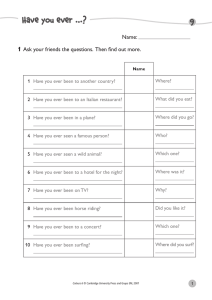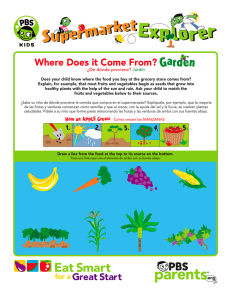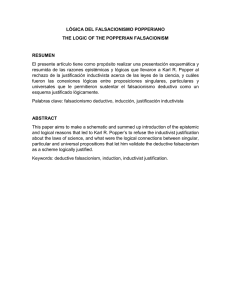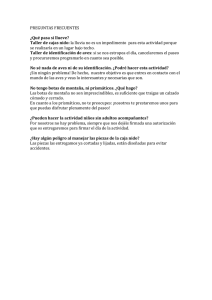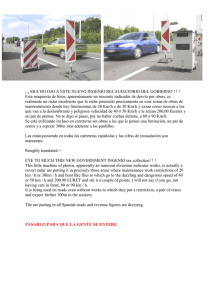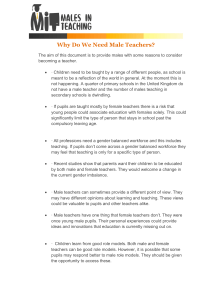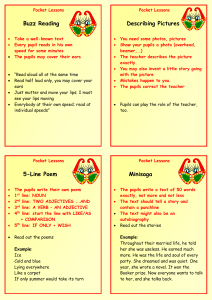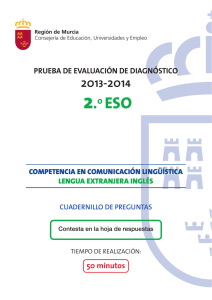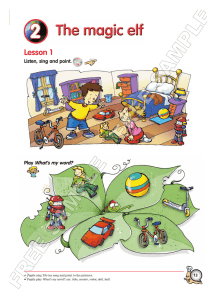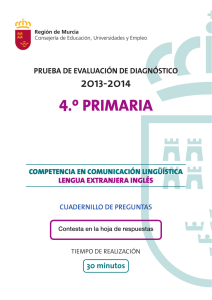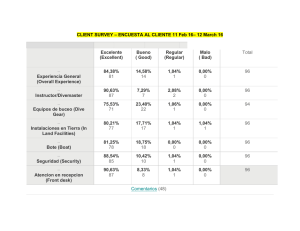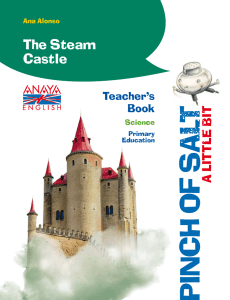What did you do at the weekend?
Anuncio
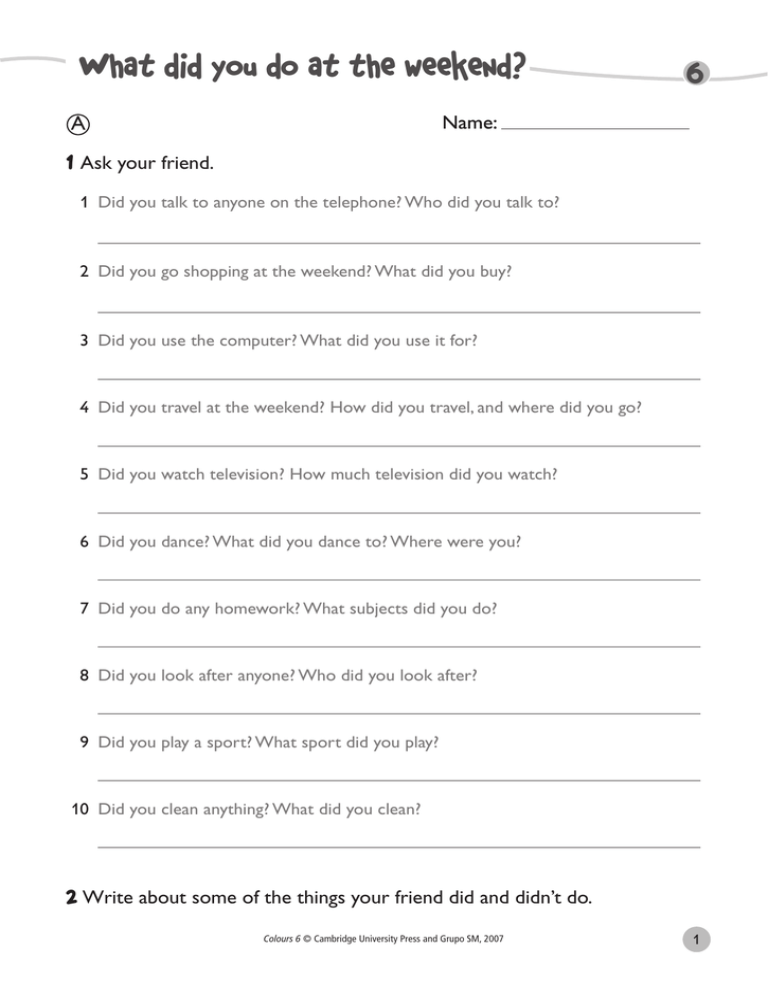
What did you do at the weekend? 6 Name: A 1Ask your friend. 1 Did you talk to anyone on the telephone? Who did you talk to? 2 Did you go shopping at the weekend? What did you buy? 3 Did you use the computer? What did you use it for? 4 Did you travel at the weekend? How did you travel, and where did you go? 5 Did you watch television? How much television did you watch? 6 Did you dance? What did you dance to? Where were you? 7 Did you do any homework? What subjects did you do? 8 Did you look after anyone? Who did you look after? 9 Did you play a sport? What sport did you play? 10 Did you clean anything? What did you clean? 2Write about some of the things your friend did and didn’t do. Colours 6 © Cambridge University Press and Grupo SM, 2007 What did you do at the weekend? Name: B 1Ask your friend. 1 Did you listen to music? What did you listen to? 2 Did you walk anywhere? Where did you go? 3 Did you play a game? What was it? 4 Did you earn any money? What did you do? 5 Did you see a film? What film was it? Did you like it? 6 Did you meet your friends anywhere? Who did you meet? 7 Did you help your mother or father? What did you do? 8 Did you cook some food? What did you cook? 9 Did you study? What did you study? How long did you study for? 10 Did you tidy your room? What did you do? 2Write about some of the things your friend did and didn’t do. Colours 6 © Cambridge University Press and Grupo SM, 2007 6 6 Vocabulario Past Simple: verbos regulares e irregulares Divide la clase en parejas, Pupils A y Pupils B y haz fotocopias de las dos páginas. Repártelas según está indicado en la hoja, ya que las preguntas son diferentes. 1Ask your friend. Realizan la actividad con un compañero de la clase. No tiene por qué ser la persona que se sienta al lado de ellos. Puedes aprovechar la actividad para que entrevisten a compañeros con los que no han tenido tanta relación a lo largo del curso y conocen menos. Hacen todas las preguntas y copian las respuestas en el mismo cuestionario. Respuestas: respuestas abiertas Vocabulary Past Simple: regular and irregular verbs Divide the class in pairs, Pupils A and Pupils B. Make photocopies of both pages and make sure each student has got the corresponding one, as the question in the pages are different. 1Ask your friend. The pupils work with a friend to ask and answer the questions. You could take the opportunity to encourage the pupils to work with someone with whom they have not worked 2Write about some of the things your friend did and didn’t do. Dales unos minutos para que piensen en las respuestas a las preguntas. Individualmente escriben un párrafo en su cuaderno con parte de la información que han obtenido de sus compañeros. Anímalos a que unan las oraciones con conjunciones y expresiones de tiempo (and, but, after, then, etc.). Después pueden leer la información al resto de compañeros. Respuestas: respuesta abierta 2Write about some of the things your friend did and didn’t do. Give them a few minutes to think about the answers to the questions. They use part of the information they have gathered in the interview to write a paragraph about their friend. Encourage them to link the sentences with conjunctions and expressions of time (and, but, after, then, etc.). They can then read the information they have to the rest of the class. Answers: open answers very much during the year and who they do not know very well. They conduct the interview and make a note of their friend’s answers on their notebooks. Answers: open answers Colours 6 © Cambridge University Press and Grupo SM, 2007
